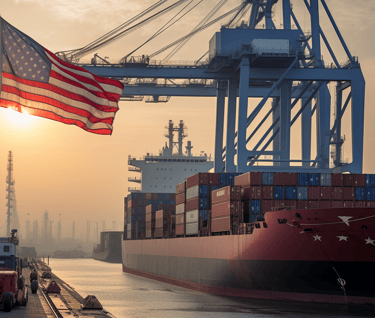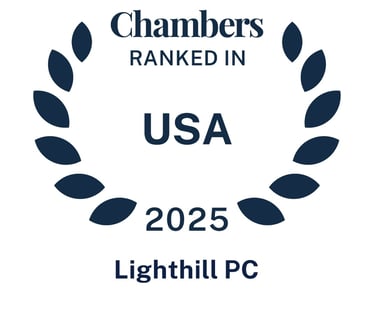Four-Year Review of Section 301 Tariffs on Chinese Imports, New Product Exclusion Process; Extension of Select Temporary Exclusions


The Office of the U.S. Trade Representative (USTR) has concluded its four-year review of tariffs imposed under Section 301 of the Trade Act of 1974. The Biden administration has decided to maintain existing tariffs, increase tariffs on specific products, and establish an exclusion process for certain machinery used in domestic manufacturing.
The proposed tariff increases affect 382 subheadings of the Harmonized Tariff Schedule of the United States (HTSUS), with an annual trade value of approximately $18 billion (2023). Those increases will affect imports of electric vehicles, batteries and battery parts, natural graphite, critical minerals, solar cells, steel and aluminum and other products. Effective dates for certain increases are set for August 1, 2024, with subsequent increases effective January 1 of the corresponding year (2025 and 2026).
The Section 301 tariffs were first imposed in 2018 in response to the U.S. government’s findings that China engaged in unfair trade practices related to technology transfer and intellectual property. The Section 301 measures were aimed to pressure China into addressing these concerns. The USTR began its four-year review of the Section 301 tariffs in May 2022. This review involved analyzing the effectiveness of the tariffs and considering modifications to ensure they continue to address the identified issues with China’s trade practices.
Actions Announced
Maintaining Existing Tariffs
The Biden administration has chosen to maintain the current ad valorem rates of duty and the lists of products subject to Section 301 actions.
Increases in Tariffs for Specific Products
Based on the USTR’s recommendations, the President has directed several tariff increases on certain products from China. These increases will affect the following goods:
- Battery parts (non-lithium-ion batteries): Increase to 25% in 2024
- Electric vehicles: Increase to 100% in 2024
- Facemasks: Increase to 25% in 2024
- Lithium-ion electrical vehicle batteries: Increase to 25% in 2024
- Lithium-ion non-electrical vehicle batteries: Increase to 25% in 2026
- Medical gloves: Increase to 25% in 2026
- Natural graphite: Increase to 25% in 2026
- Other critical minerals: Increase to 25% in 2024
- Permanent magnets: Increase to 25% in 2026
- Semiconductors: Increase to 50% in 2025
- Ship-to-shore cranes: Increase to 25% in 2024
- Solar cells (whether or not assembled into modules): Increase to 50% in 2024
- Steel and aluminum products: Increase to 25% in 2024
- Syringes and needles: Increase to 50% in 2024
See Annex A of the Federal Register notice.
Establishing an Exclusion Process
The USTR is establishing an exclusions process for machinery used in manufacturing under Chapter 84 and 85 of the HTSUS. See Annex B of the notice for details. Procedures for requesting those exclusions will be published separately. Additionally, the USTR proposed 19 temporary exclusions for solar manufacturing equipment, such as silicon growth furnaces, band saws for cutting ingots, quartz-tube furnaces, and chemical deposition and screen-printing machines for solar wafers. See Annex C of the notice for product descriptions. Those exclusions, once established, would be effective through May 31, 2025.
Extension of Existing Product Exclusions
Previously, the USTR had granted and reinstated 352 exclusions and 77 COVID-related exclusions which were set to expire after May 31, 2024. The USTR is now extending some of the existing product exclusions from the 301 tariffs for another year, until May 31, 2025. See Annex C of the Federal Register notice for product details. Additionally, a temporary extension of all current exclusions has been provided through June 14, 2024. Those remaining exclusions that are not being extended beyond the 14-day transition period include 102 exclusions where no public comments requested further extension. See Annex D of the Federal Register notice for product descriptions.
Public Commentary and Feedback
The USTR invites public commentary on the proposed modifications. Interested persons may submit comments by June 28, 2024. Areas for feedback include:
- Effectiveness of the proposed modifications in addressing China’s trade practices.
- Impact of the proposed modifications on the U.S. economy and consumers.
- Scope of product descriptions and whether they adequately cover the intended products and sectors.
- Appropriateness of tariff rates for specific products, such as facemasks, medical gloves, syringes, and needles.
- Eligibility and scope of subheadings for the machinery exclusion process.
- Amendments to the scope and product descriptions of the proposed solar manufacturing machinery exclusions.




